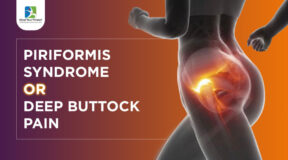Firstly, does it work? The short answer is yes. Much like face-to-face therapy, the value of Cheap Online Therapy depends on:
1. The skill of the therapist.
2. Having the ‘right fit’ between the therapist and client.
When the above two elements are present, therapy can be effective, whether it is online or offline. If you remove the personal relationship altogether, such as with online therapy courses, there can still be some improvement. However these programs generally have poorer results than when a real person is involved to provide guidance and support.
Secondly, how does it compare to face-to-face therapy?
Let’s start with the practical advantages, which include the following:
1. It’s generally cheaper than other types of therapy.
2. You avoid waiting rooms, public transport, bad weather, traffic and all the other irritations that come with attending appointments in person.
3. You can remain in the comfort of your own home, accessing therapy from your armchair or curled up in bed with your laptop.
Now let’s consider the emotional and psychological benefits of online therapy.
Have you noticed you sometimes reveal more of yourself or present yourself differently when communicating online? Maybe you have emailed your boss to say you can’t come in to work at the weekend. Or perhaps you finally gathered the courage to message the friend you fell out with.
If so, you are among the significant number of computer users who find they can say things more openly, honestly and directly online. Using a computer might make it easier for you to express yourself differently and to reveal hidden emotions, fears and needs.
So what encourages you to let your guard down when you are online? What is this urge to share secrets, feelings and emotions that you might feel uncomfortable about revealing in a face-to-face situation?





